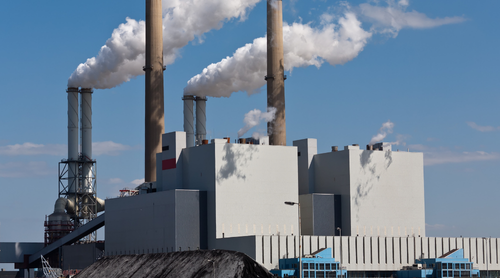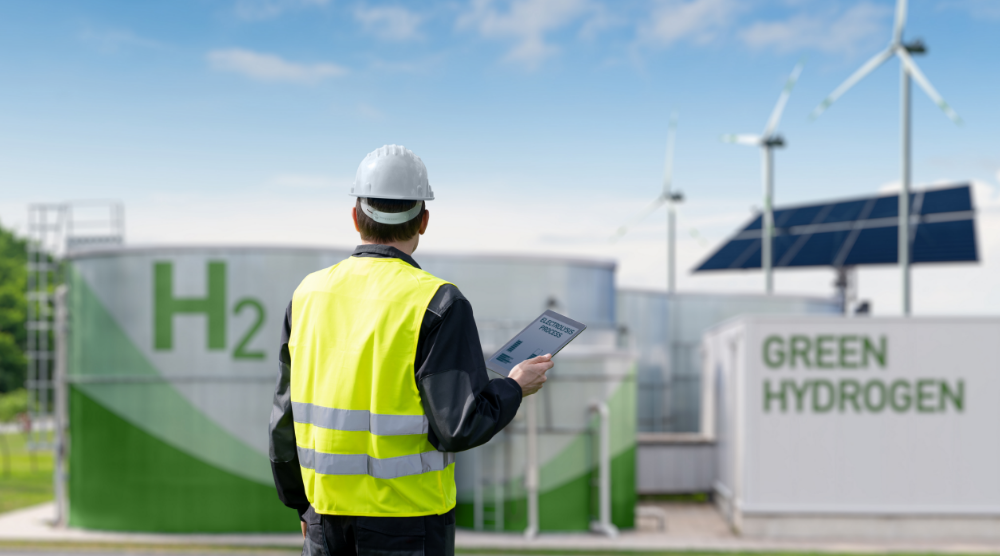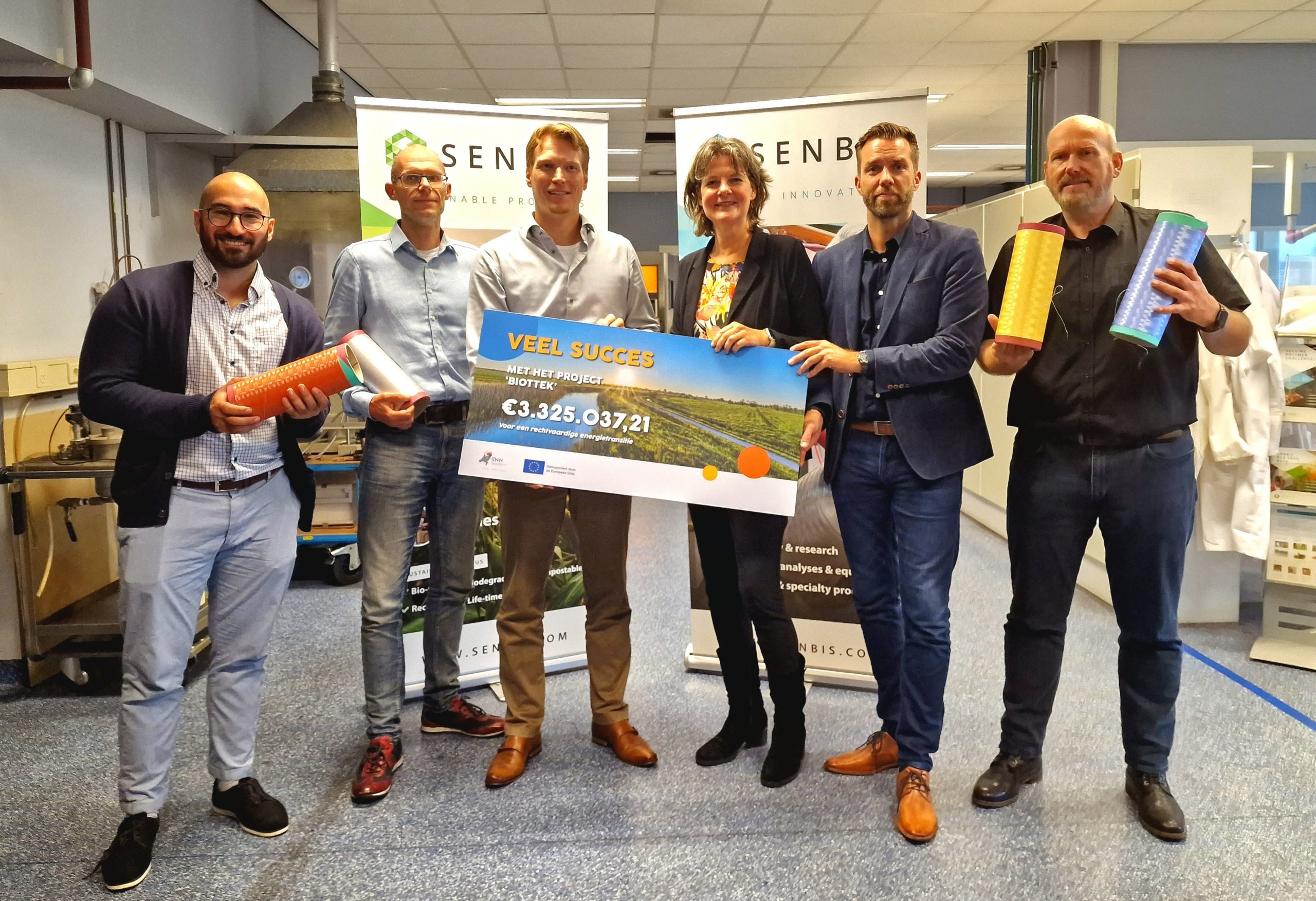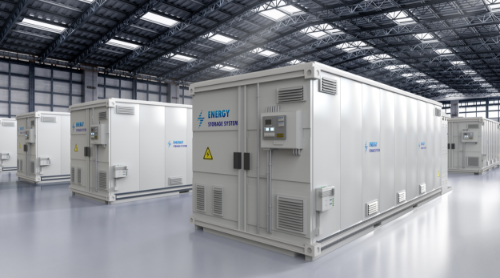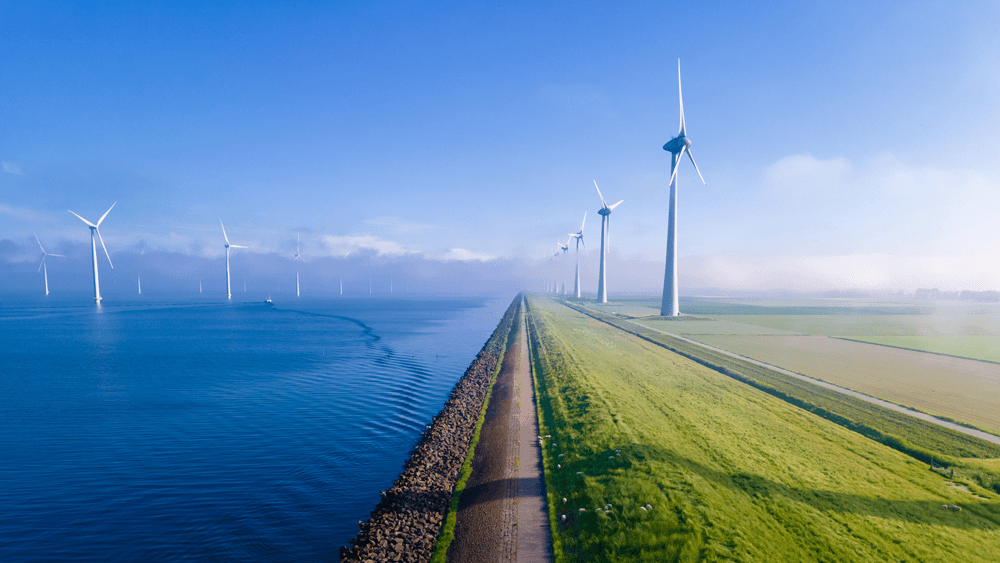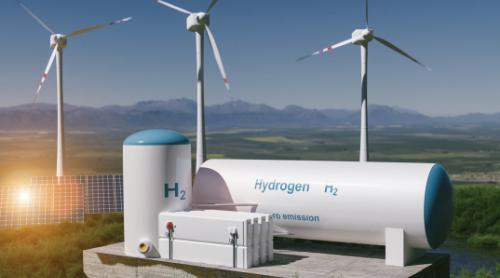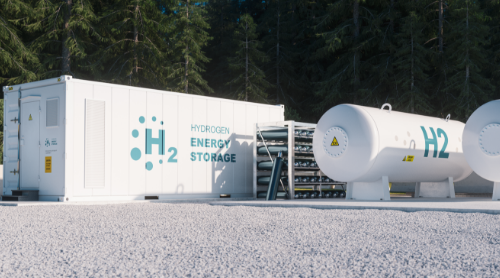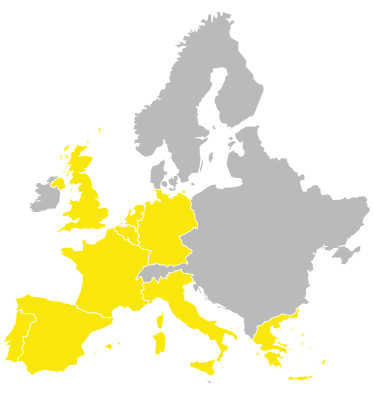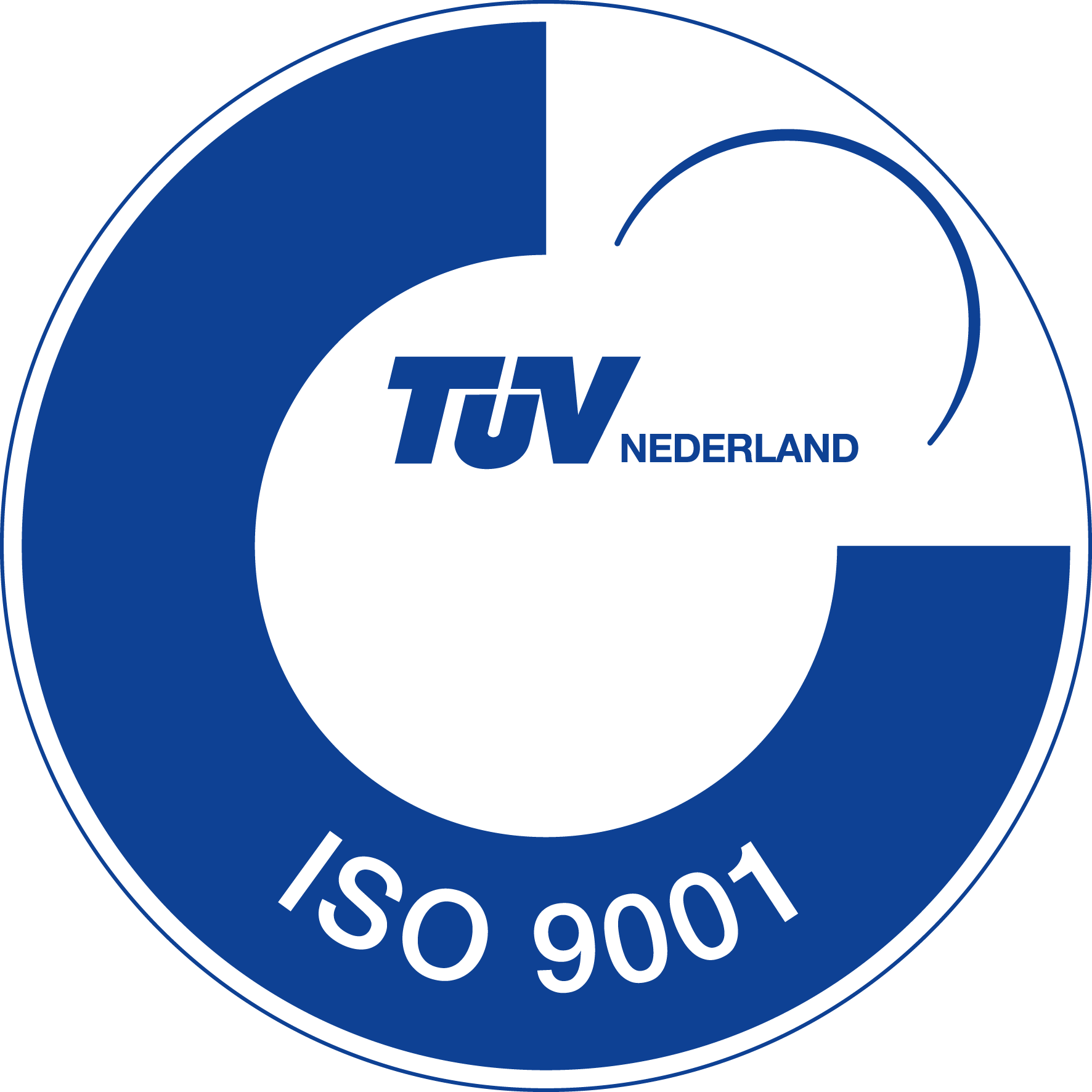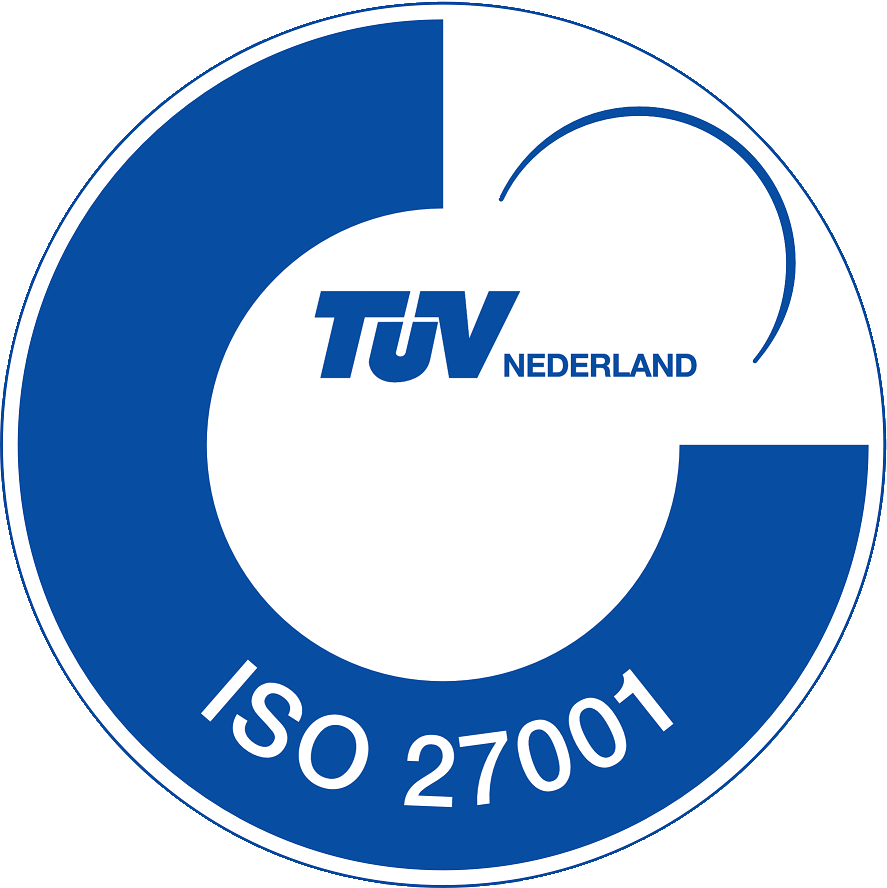Key role in 2050 climate goals
According to the recent study by the IEA and EPO, hydrogen can count on growing interest. This is not very surprising, as hydrogen has the potential to play a key role in the energy transition and the 2050 climate goals. However, further innovations are then badly needed, the researchers argue. For that reason, they examined the main international trends and developments in hydrogen technologies. In doing so, they looked at the full range of hydrogen technologies, from hydrogen supply to storage, distribution, transformation and end-use applications.
Hydrogen trends in the global market
Judging by patent applications during the 2011-2020 period, major hydrogen innovations are increasingly coming from Europe (28%) and Japan (24%). On the contrary, the USA are losing ground. The position of China and South Korea is still relatively modest, but growing. Also notable is the Netherlands’ solid position in the top 3 European countries with hydrogen innovations.
The Netherlands owes this leading position to the presence of several strong parties in the field of hydrogen (both large companies and SMEs) and a favourable grant climate that facilitates and supports new hydrogen innovations. Among others through the National Hydrogen Programme (NWP), the International Clean Energy Partnership (ICEP programme) and through contributions from the European hydrogen programme ‘IPCEI Hydrogen’ (total 1.6 million euros).
Trends around hydrogen technologies
Globally, most of the hydrogen innovations in the past decade were related to hydrogen production technologies, the research report says. Currently, hydrogen production is still almost entirely based on fossil fuels. However, recent patent data show a massive shift towards alternative, low-emission production methods (such as electrolysis and fuel cells). Still, there are also many untapped opportunities for ‘green’ innovations, for instance around hydrogen storage, distribution and transformation. For example focused on cryogenic storage, graphene tanks or fuel cell engines. Or as a clean feedstock for fertiliser production, as a fuel for long-distance transport, and so on.
The hydrogen experts at PNO Chemistry
At PNO, we regularly receive enquiries from companies active in the field of hydrogen. For example, with plans to set up a production facility, new innovative applications, research or pilot projects. Through our subsidiaries PNO Chemistry and EGEN (both part of PNO Group), we have years of expertise in this field. Our experts therefore advise at a high level on innovation plans and related funding opportunities in the field of hydrogen. Be it Dutch grants such as DEI+ (with a separate component for hydrogen), EIA or TSE Industry studies, or European programmes such as Horizon Europe, Innovation Fund and IPCEI. Or via Wheesbee, PNO’s smart AI-based tool that gives you insight into technological developments and patents relevant to your (hydrogen) innovations, based on the world’s largest databases.
Interested in our services? Feel free to contact us.
